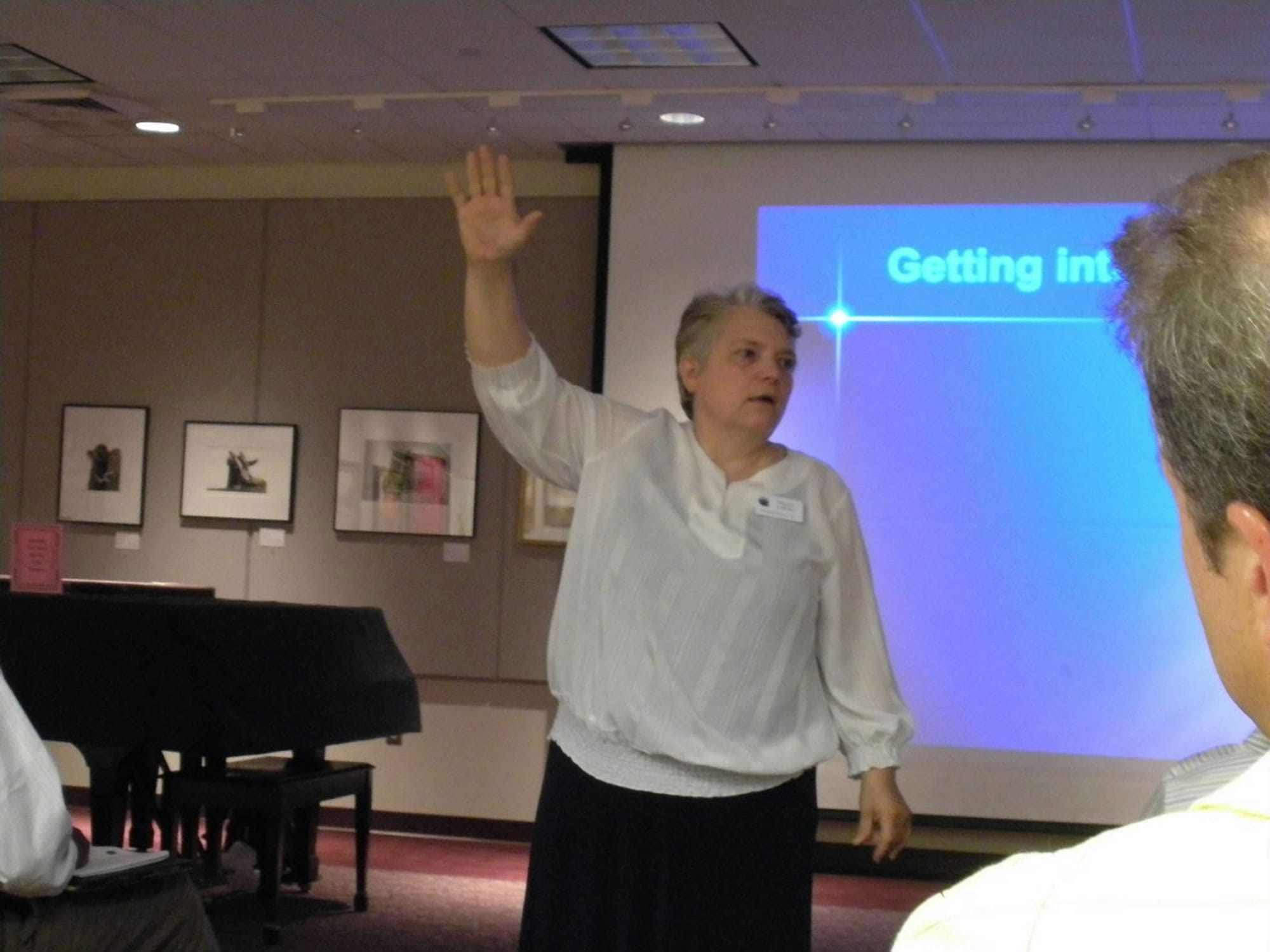When Marcia LaReau was laid off from the human resources job she’d held with health insurance provider Cigna for five years, co-workers who knew her asked: “Will you help me find a good job?”
LaReau had specialized in coaching new hires who weren’t integrating well, as she diplomatically puts it, and co-workers knew that meant she could help people figure out exactly what kinds of jobs played to their strengths.
LaReau initially thought the business she founded because of those requests would be built around helping fresh college graduates figure out what direction they should go. But as the economy tanked in 2008, she found her year-old coaching business, Forward Motion, shifting to displaced mid-career workers, and that’s still true five years later.
Generally, the people who come to her are not having near-misses, where they are getting to in-person interviews for advertised openings but the company ends up going with another candidate.
Most of her clients are applying to jobs through online systems and hearing nothing back. “Everyone finds it as this black hole,” she said.
LaReau helps them expand and rewrite their résumés, and she talks to HR workers around the region to figure out the filters. She even gets permission from them to submit mock résumés to see which ones result in a call for a phone interview.
The business world has tried to turn hiring into an automated, industrial process, but it’s not very good at it, she said. “They want the perfect person. That’s not how it works.”
She develops relationships with HR officials, telling them she will help them find the right person faster, and with outside recruiters, telling them she will help them build their reputations.
But the relationships she develops with her clients are most critical. “They feel like a failure because they lost a job. They feel like a failure because they don’t have a job,” LaReau said. She said many of her clients tell her: “I never needed help to get a job before.”
So she said her first task is “putting that person back together.”
One example of her ability to do that is this concrete advice on how to fight the feelings of hopelessness that unemployment can bring.
LaReau said that, on average, a client spends three months working with her before he or she finds work. The cost is often $2,200 to $2,500, but she allows rank-and-file unemployed people to pay some of it after they get back to work. (About 35 percent of her clients are in jobs and trying to figure out a better career path, and 30 percent of the unemployed workers were high-level executives.)
While gaps in employment can knock candidates out of the running, LaReau said they are not a problem when candidates explain how they have used the time.
“Every single individual has a reason not to hire them. They have to be handled on the cover letter and the résumé, or they’re not going to get a job.”
For instance, she helped a recent graduate with below a 2.0 grade point average land a career-track job. He explained his poor grades by showing how he threw himself into theater productions, and how that prepared him for the work world.
Personal journey
LaReau has lived the career transitions that she shepherds clients through. She was a music professor and an orchestra conductor before becoming a software quality tester, and then a trainer at major insurance companies. She hopscotched from a $23,000 job in testing, to a middle-class job to The Hartford, to a six-figure salary at Cigna.
She said the outplacement firm working with people laid off from The Hartford thought she was crazy to shoot for a six-figure salary. After eight interviews for a job at Cigna, she told them the pay she wanted. And she got it.
“I wasn’t asking top of the pay grade,” LaReau said. “Knowing market value is critical.”
After her clients get offers, she helps them negotiate salary, and 75 percent get more than the initial offer, usually 5 percent to 10 percent more, she said.
“Most have never negotiated for salary before,” LaReau said. “In this economy, they don’t want to jinx it.” But LaReau said offers are coming in low, and the HR officials know it.
Al Grimm, 58, hired LaReau in 2008 after he was laid off from of his computer teaching job at a Christian school in Simsbury, Conn. He said he was offered a job as an IT manager 10 months after he lost his job, at $42,000, about $6,000 more than he’d made as a teacher. With LaReau’s help, he negotiated, and received $47,000.
“I would’ve accepted what they offered,” he said, so he more than made up what he had paid her.
After four years with that agency, he took another IT consulting job for $52,000.
LaReau said it has taken her six years to nearly reach her income goals for her business.
“I never thought it would be this hard,” she said. “Should I be doing this?” But she said as of the past six to eight months, “I’m finally seeing I’m going to make it.”




